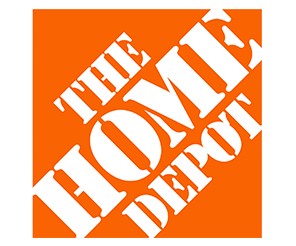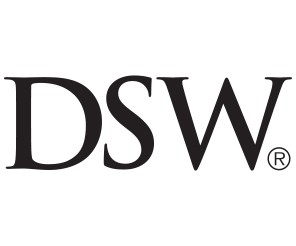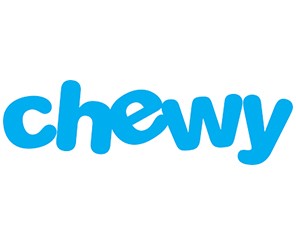US Markets Loading...
h
m
s
Trump's biggest flop ever
Trump Media's DJT stock price has plunged since its SPAC merger. And it's probably going to get worse once Trump himself can sell shares.
A homebuyer's guide to the real-estate revolution
The National Association of Realtors' huge settlement will upend the housing market. It will also help homebuyers save thousands of dollars.
TikTok’s drama could help Mark Zuckerberg
Mark Zuckerberg is likely paying close attention to the possible ban or forced sale of TikTok. It certainly could help Meta's Reels.
There is a new breed of influencer, and it is ruining TikTok
Some content creators are facing backlash for selling too many products they don't even like. Meanwhile, the smart ones are evolving their strategies.
Video
New Episodes This Week
PIPs do more harm than good. In my 30-year HR career, here's the best alternative I've seen.
An HR professional with over three decades of experience shares a better approach to performance-improvement plans.
A 10-second trick will tell you the cause of your under-eye dark circles — and how to get rid of them
Dermatologist Dr. Lindsey Zubritsky shared her 10-second trick for finding out which kind of dark circles you have — and how to treat them.
The most daring looks celebrities wore to Coachella 2024
Many celebrities wore daring looks to Coachella 2024, from sheer dresses and miniskirts to bodysuits with cutouts.
As a financial planner, I give my clients 4 tips to make their money last a lifetime
I work with clients who want to make sure their money lasts for their lifetime, but I also remind them to benefit from their money now.





